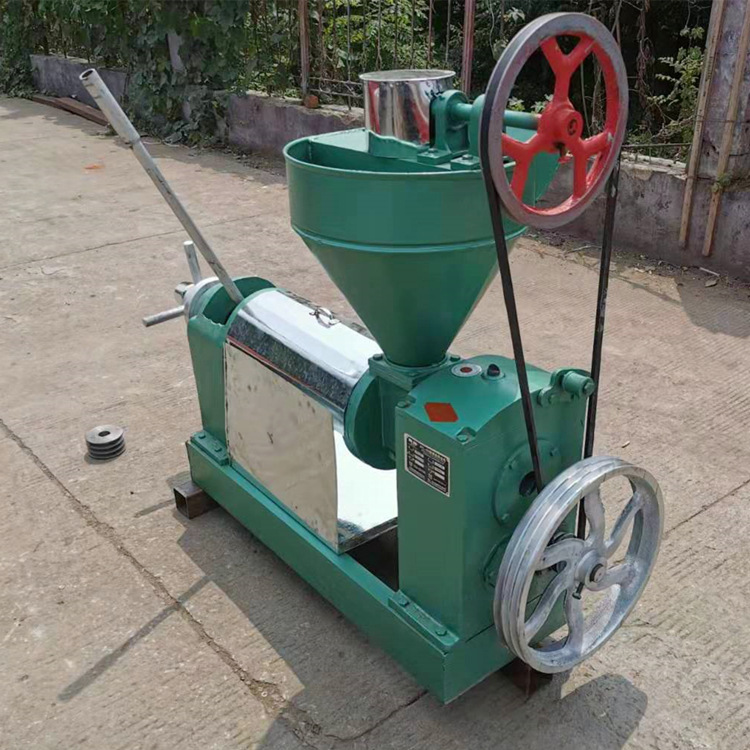
In an era increasingly defined by sustainability and environmental responsibility, small-scale soybean oil processing plants have emerged as pivotal players in advancing green development. These compact facilities are not only championing resource-efficient production but are also fueling rural revitalization by fostering local economies and promoting circular agriculture. Their strategic positioning "close to home" provides an unmatched edge in minimizing supply chain carbon footprints while delivering high-quality, nutritious oils demanded by conscious consumers worldwide.
Governments worldwide, especially in China, have ratified ambitious policies targeting carbon neutrality, renewable energy adoption, and rural economic upliftment. The 14th Five-Year Plan (2021-2025) emphasizes sustainable agriculture, encouraging local agro-industrial projects that reduce waste and pollution. Small soybean oil mills fit precisely into this vision, offering a low-capital, high-return investment opportunity aligned with national environmental goals.
The hallmark of these plants is their optimized processing lines, incorporating advanced cleaning, cold pressing, and refining technologies that maximize oil yield while drastically cutting energy consumption. According to industry data, small-scale presses can reduce CO₂ emissions by up to 180 kg per ton of soybeans compared to outdated, conventional methods.
| Process Stage | Typical Energy Use (kWh/ton) | Average CO₂ Emission Reduction (kg/ton) |
|---|---|---|
| Cleaning & Pre-treatment | 50 | 35 |
| Cold Pressing | 30 | 75 |
| Refining & Bottling | 80 | 70 |
“Small-scale soybean oil processing plants exemplify the integration of environmental stewardship with rural empowerment, turning local agricultural residues into valuable commodities while slashing greenhouse emissions,” notes Dr. Emily Chen, Renewable Agriculture Expert at GreenTech Insights.
Beyond environmental benefits, these plants stimulate local employment and economic diversity. Community-based cooperatives managing small oil mills typically increase farm income by 25–40%, primarily by capturing value locally rather than exporting raw materials. This dynamic promotes sustainable livelihoods, reduces urban migration, and fortifies regional food security.

The next wave of innovation in this sector is poised to include smart machinery equipped with real-time monitoring systems, enhancing operational efficiency and reducing manual errors. Concurrently, by-products like soybean meal undergo transformation into high-value animal feed or biofertilizer, promoting a zero-waste agricultural ecosystem.
Moreover, emerging green certification frameworks are set to elevate consumer confidence and widen market access, especially in eco-conscious export markets. Compliance with such standards often correlates with premium pricing and longstanding customer loyalty.
For startups and farmer cooperatives exploring entry points, small-scale soybean oil plants present a lucrative venture characterized by manageable upfront costs and rapid break-even times—frequently within 18 months. Strategic partnerships with local agricultural collectives further mitigate risks and broaden raw material access.

Embracing “green is competitiveness”, these compact facilities turn sustainability into opportunity, making the journey from local farm to premium oil bottle not just feasible, but profitable.

Ready to tap into a “small investment, big return” green industry that operates right at your doorstep? Discover how establishing or partnering with a local soybean oil processing plant can position your business at the forefront of sustainable agricultural transformation.
Explore Sustainable Soybean Oil Processing Opportunities Now


